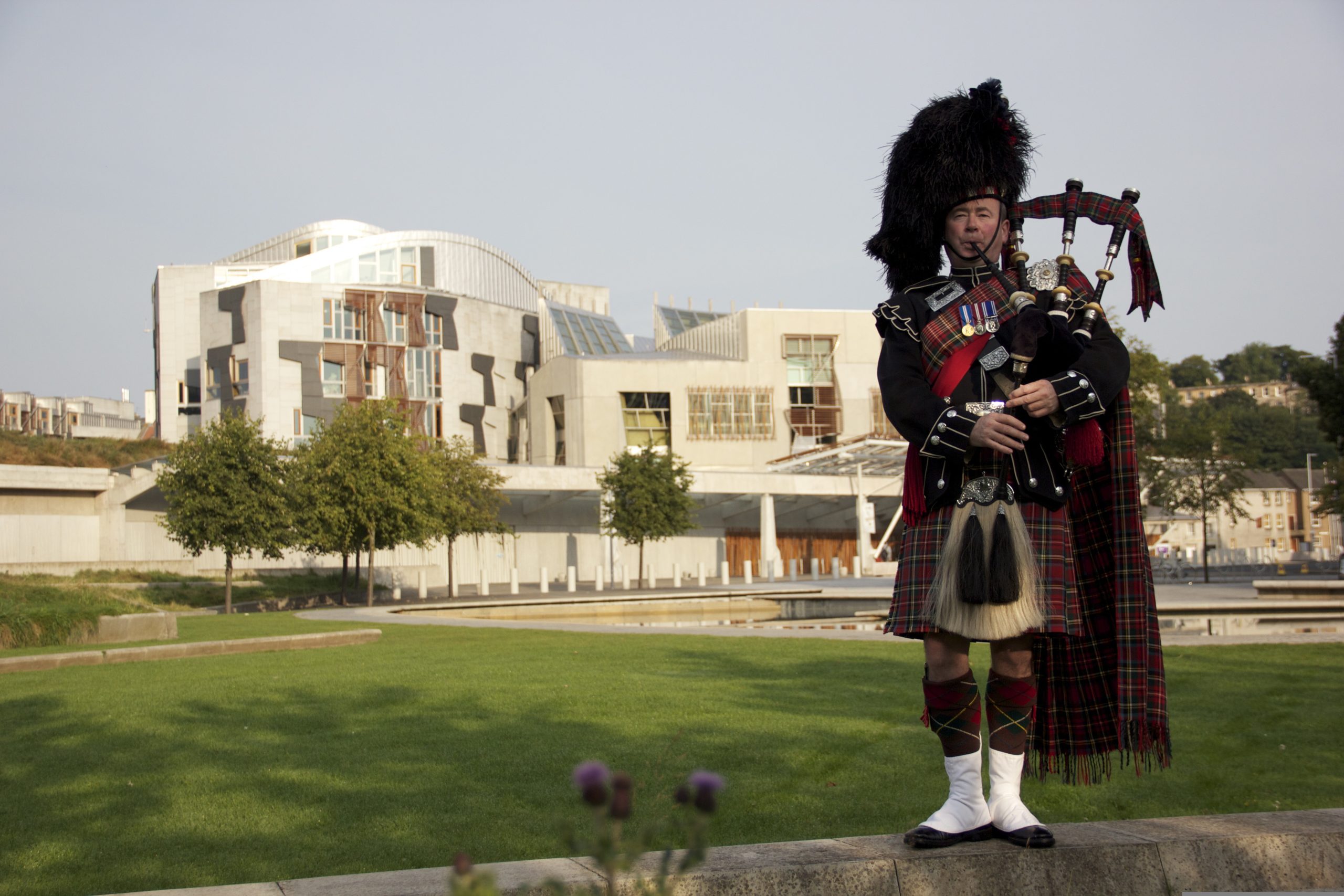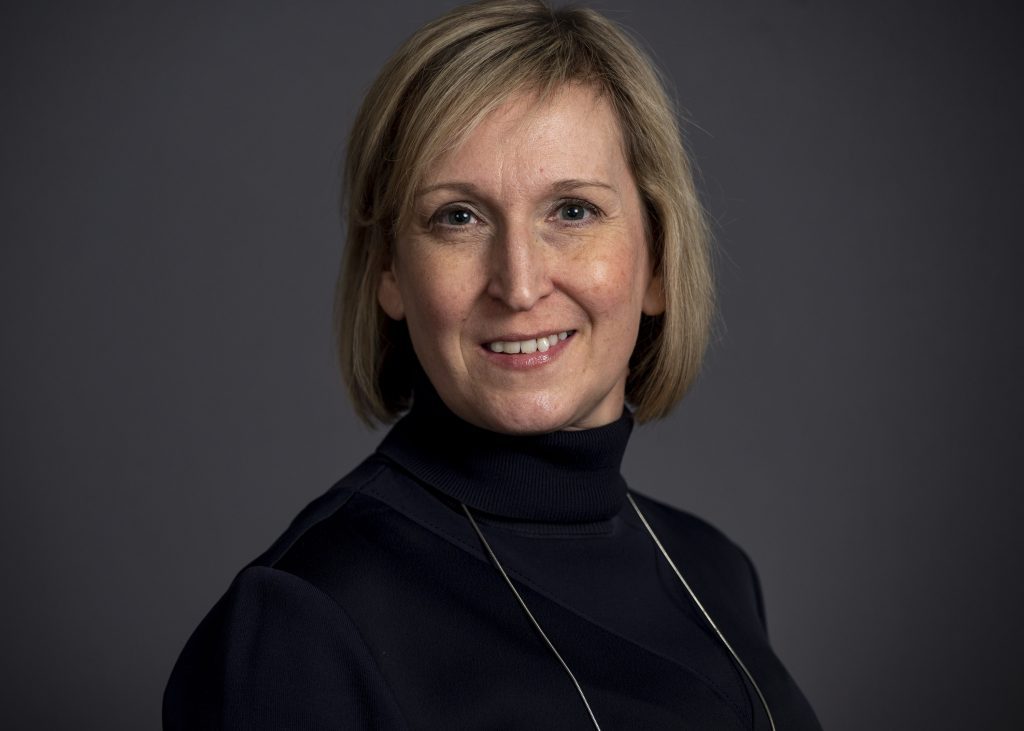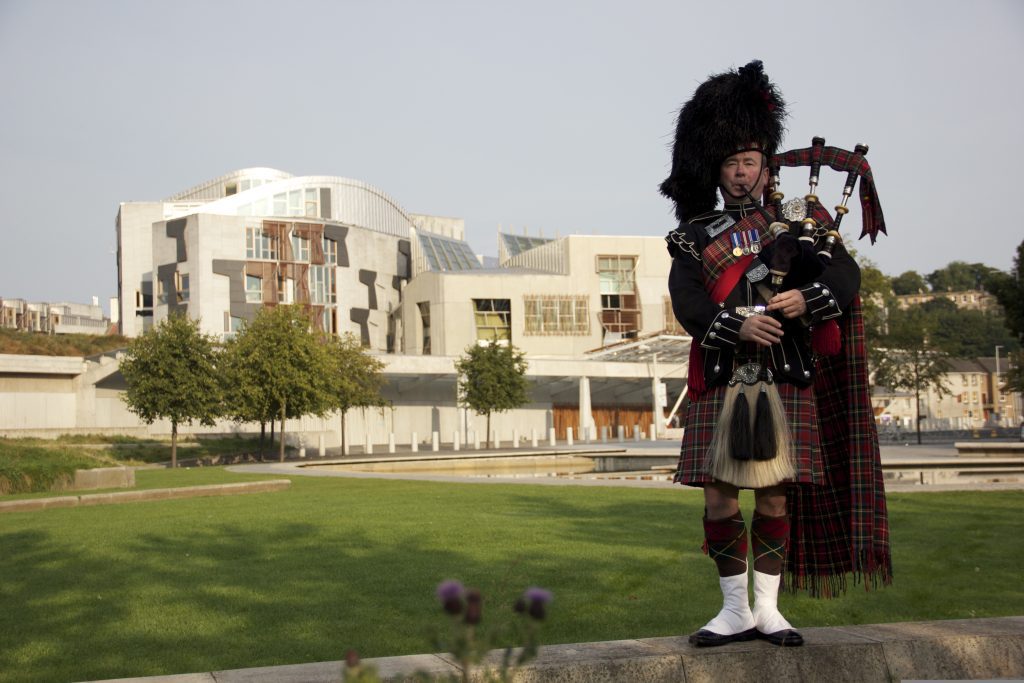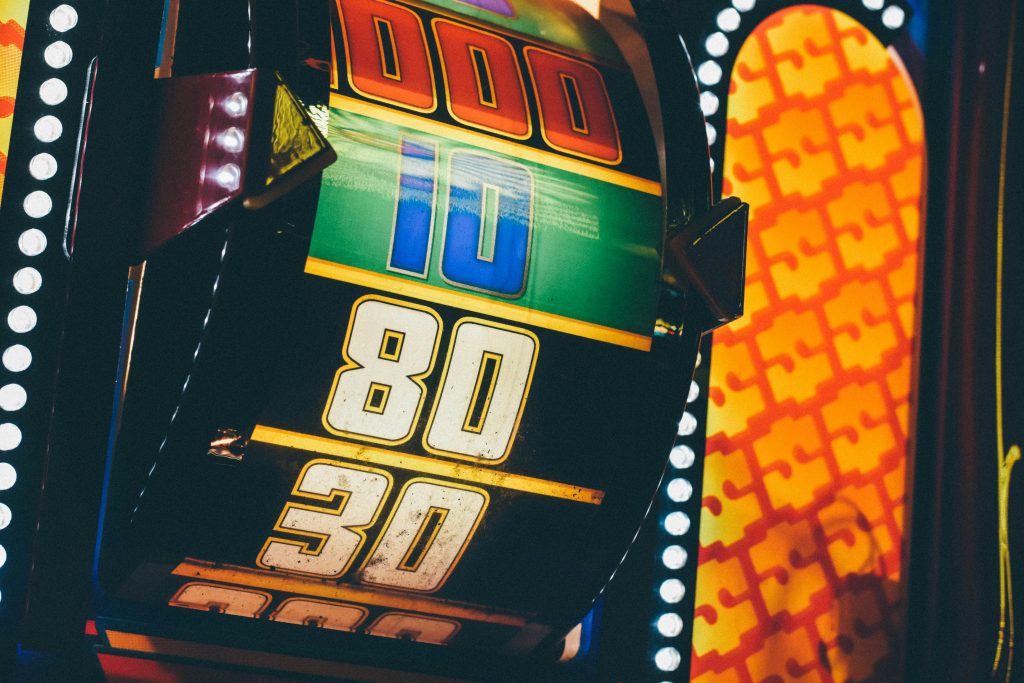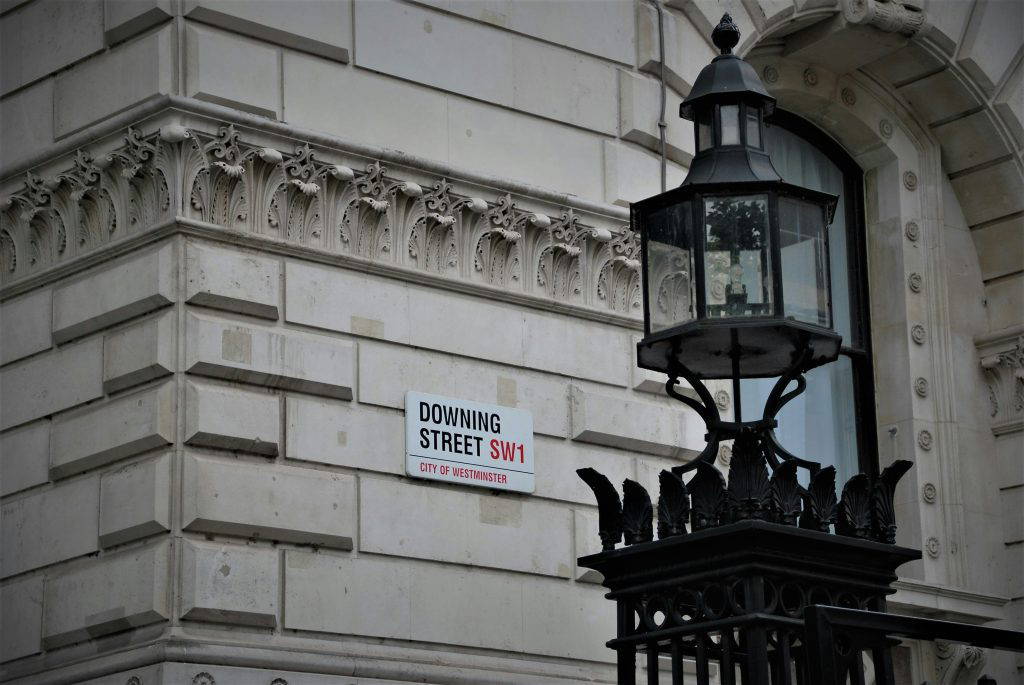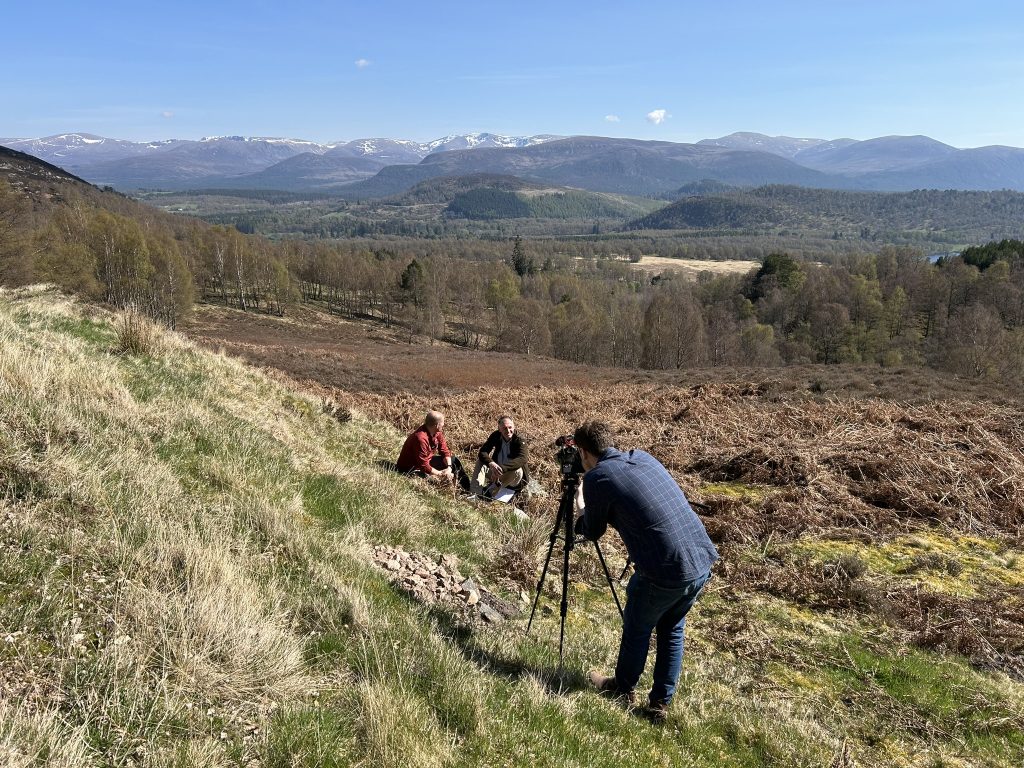Summary
Neil Cuthbert asks what’s going on in Scotland and shares his thoughts on how each of the parties may perform in the next general election.
What is going on in Scotland?
By Neil Cuthbert Chart.PR, Director, PA Cooperative Ltd
I’ve wanted to write an article with this title for some time. Nearly 10 years in fact. Why? Like much else in Scottish public life, it goes back to the 2014 independence referendum.
During the independence referendum, the BBC website introduced a special report on the issue. If you clicked that tab, a question appeared; “What is going on in Scotland?”. The intention was to show how the two referendum campaigns (Yes and No) were progressing. But as I glanced at that question again and again, it came to represent something else. Not “What is going on in Scotland?” but a much more existential question: “What is going on in Scotland?”
It came to represent a feeling that much of the wider British media – including the BBC – was adrift when it came to understanding the referendum. They tended to see it as a political campaign based around parties that were either for (SNP, Greens) or against (Labour, Conservatives, Liberal Democrats) independence. However, whether you were yes or no, it went much deeper than that. The vote was about what kind of country we wanted to be in future – whether independent or not.
While the No camp (Better Together) won the referendum has left deep division in Scottish politics for nearly 10 years and there seems to be no prospect of this schism ending any time soon. So, everything in Scottish politics still revolves around the national question and that will apply to the upcoming UK general elections expected next year.
Since 2014 we’ve had significant swings between the SNP and the Conservatives, where in 2017 the Tories won the highest number of seats in Scotland since the 1990s, which the SNP reclaimed two years later.
Where does this bizarre turn of events leave Scottish politics as we approach another general election in 2024? Let’s look at the main runners and riders.
SNP – The party has been in power in Scotland for 16 years and provides most Scottish MPs, making it ‘the establishment’. Yet constant internal disputes since 2014 – mostly but not exclusively about how to achieve independence – hide its dominance. For some, the SNP complacently governs Holyrood, creating Ministers whilst barely moving opinion polls on independence. With the Green coalition causing fractures and a bruising leadership contest, Scotland seems to be falling out of love with the SNP. I expect them to lose between 15 and 20 seats to Labour at #GE2024.
Labour – The general Labour resurgence under Starmer is mirrored in Scotland. Latest polling has Labour neck and neck with the SNP around 35%. However, Labour’s support is concentrated in central Scotland, making them well-placed to regain seats despite not leading overall polls. Pundits say Starmer needs 20+ Scottish seats to become PM. It’s all to play for and Scottish Labour seems set to help secure the first Labour PM since Gordon Brown.
Conservatives – The Scottish Tories poll around 15%, around half their 2017 support under Ruth Davidson. Their results tend to buck UK trends. But with the SNP down, I expect anti-Tory tactical voting to come into play, with seats potentially going to the Lib Dems rather than the Conservatives holding steady. In 1997 widespread antipathy to the Tories produced a wipe out with every Scottish seat being lost. It could happen again.
Liberal Democrats – Could consolidate current seats and potentially make gains in former heartlands like areas like Gordon in the North East and Berwickshire in the Borders. With a widespread Lib Dem revival unlikely nationally, Scotland could be a bright spot for Ed Davey’s party.
Change is on the way at #GE2024
The likely outcome in Scotland is a significant swing from the SNP to Labour, with Conservatives taking a hit and the potential for Liberal Democrats to be the beneficiaries. Scotland will therefore be a key battleground in determining the make-up of the next UK government. While #indyref2 seems unlikely soon, the political landscape continues to shift in unpredictable ways.

